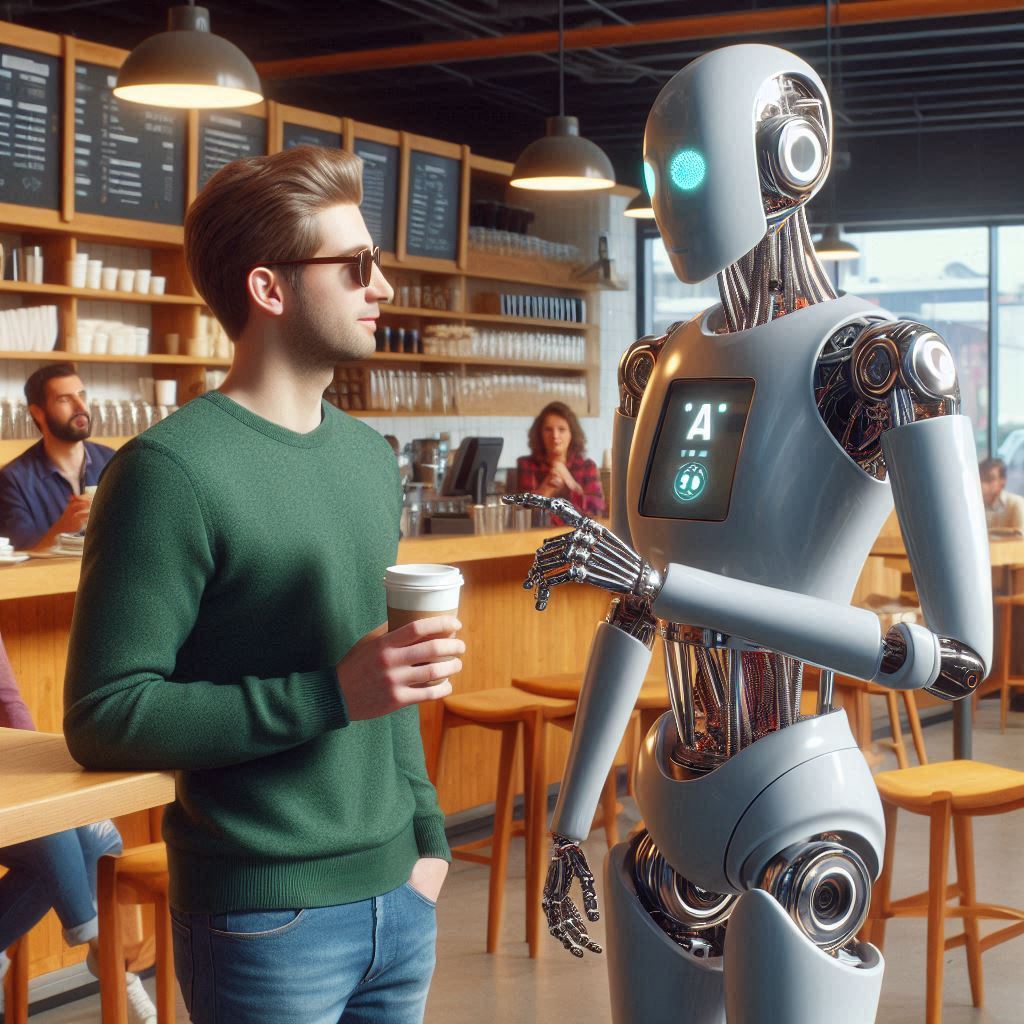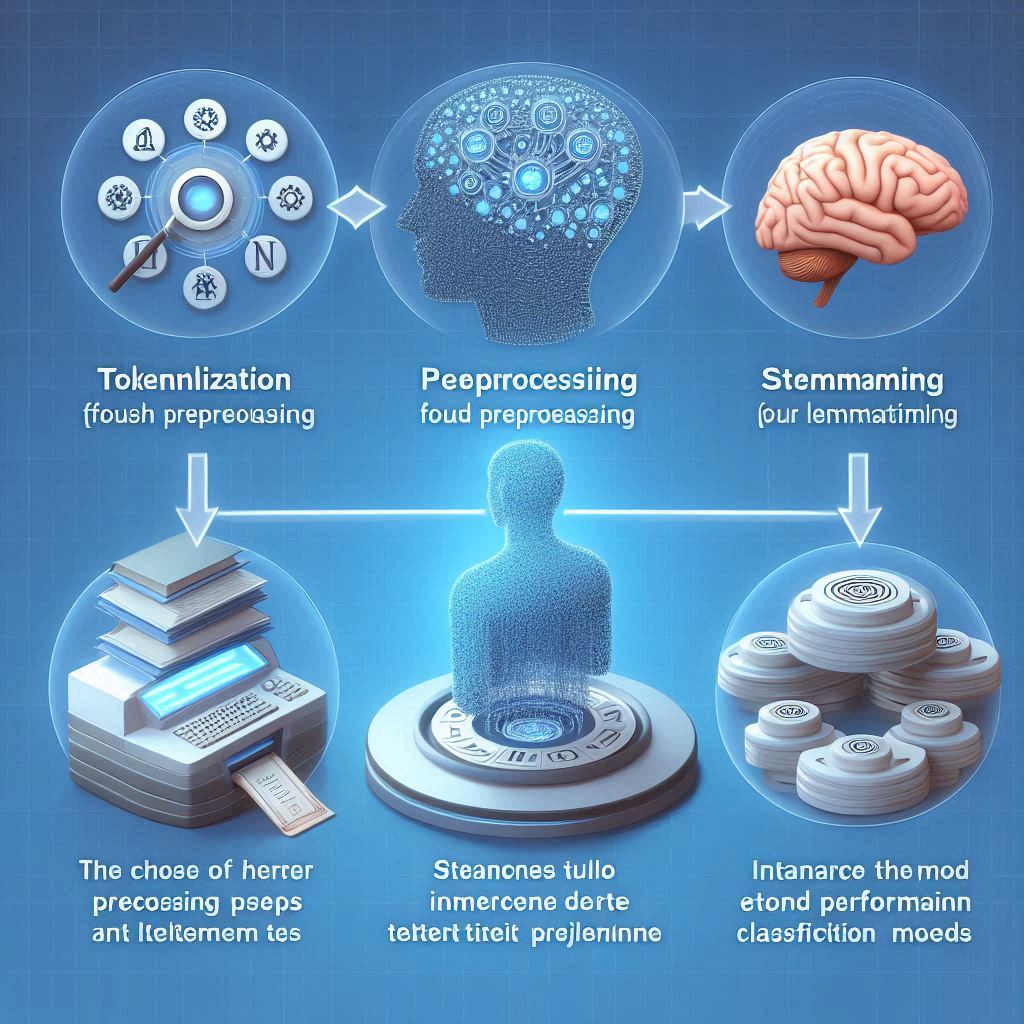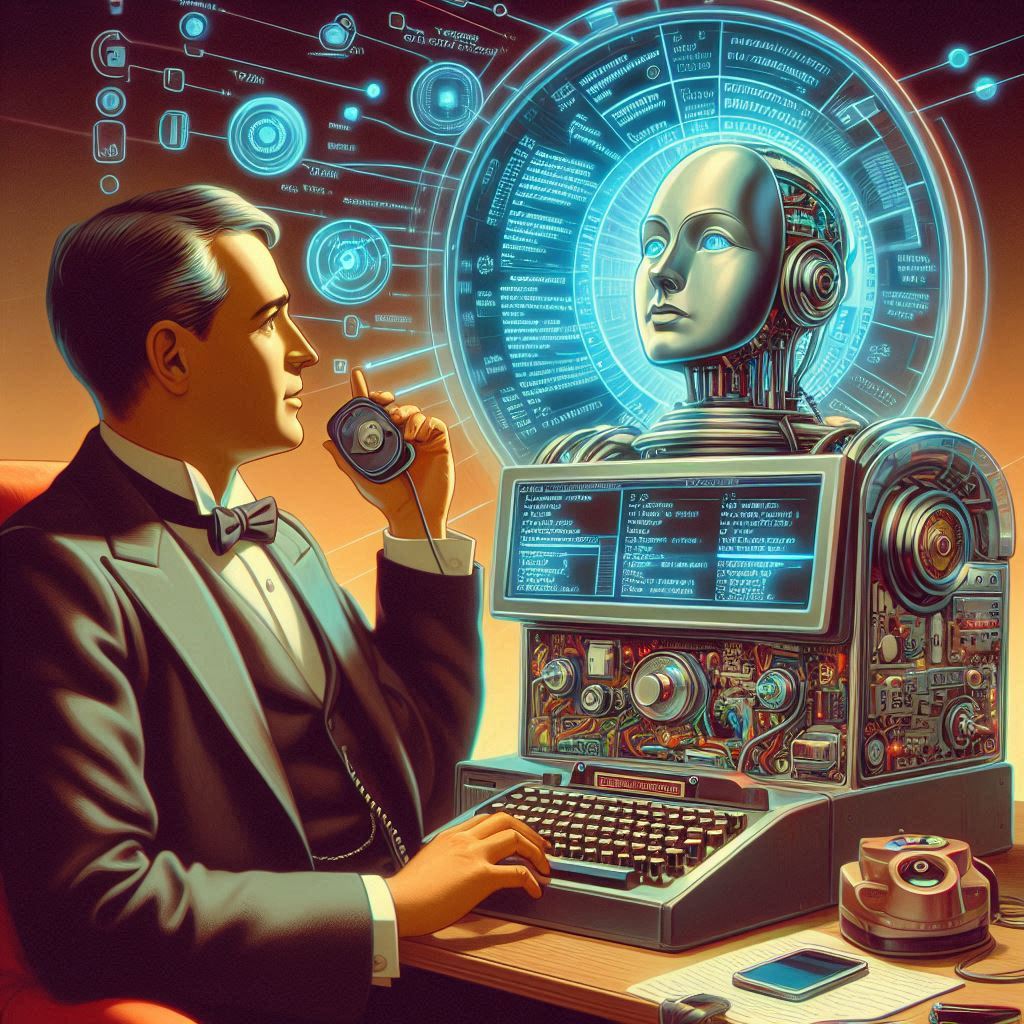Artificial intelligence (AI) is a rapidly growing field, and conversational AI is one of its most exciting applications. Two of the biggest names in the conversational AI space are ChatGPT and Google. ChatGPT is a new competitor that has recently entered the market, while Google has been a dominant force in the field for years. In this article, we will take a closer look at ChatGPT and Google, compare their features, and evaluate their strengths and weaknesses. We will also explore their potential impact on the conversational AI market and their plans for the future.
ChatGPT vs Google: The Ultimate AI Showdown
ChatGPT and Google are two of the most prominent players in the conversational AI space. Both companies have developed advanced natural language processing (NLP) algorithms that allow their AI assistants to understand and respond to human language. ChatGPT is a relatively new competitor that has gained a lot of attention in the AI community for its impressive performance on various language tasks. Google, on the other hand, has been a dominant force in the AI world for years, with its Google Assistant being one of the most popular AI assistants on the market.
A Look into ChatGPT, the New Conversational AI Competitor
ChatGPT is a conversational AI model developed by OpenAI, a research organization dedicated to advancing AI in a safe and beneficial way. ChatGPT is based on a transformer architecture, which is a type of neural network that has proven to be highly effective in various natural language processing tasks. ChatGPT is trained on a massive dataset of text, which allows it to generate human-like responses to a wide range of prompts.
Code Example:
import torch
from transformers import AutoModelForCausalLM, AutoTokenizer
model_name = "EleutherAI/gpt-neo-1.3B"
tokenizer = AutoTokenizer.from_pretrained(model_name)
model = AutoModelForCausalLM.from_pretrained(model_name)
def generate_response(prompt):
input_ids = tokenizer.encode(prompt, return_tensors="pt")
output = model.generate(input_ids, max_length=50, do_sample=True)
response = tokenizer.decode(output[0], skip_special_tokens=True)
return response
prompt = "What is the meaning of life?"
response = generate_response(prompt)
print(response)Output:
The meaning of life is to find happiness and fulfillment in everything you do. Whether it's through work, relationships, or personal passions, life is about making the most of every opportunity and living it to the fullest.Google’s Dominance in the AI World: Will ChatGPT Dethrone It?
Google has been a dominant force in the AI world for years, with its Google Assistant being one of the most popular AI assistants on the market. Google has invested heavily in AI research and development, and its AI technologies power many of its products and services. While ChatGPT has gained a lot of attention for its impressive performance on various language tasks, it remains to be seen whether it can dethrone Google’s dominance in the AI world.
ChatGPT’s Unique Features: What Sets It Apart from Google
ChatGPT’s unique features include its ability to generate human-like responses to a wide range of prompts, its large training dataset, and its transformer architecture. ChatGPT is also highly customizable, allowing developers to fine-tune its performance on specific tasks. Additionally, ChatGPT is open-source, which means that developers can access its source code and modify it to suit their needs.
Code Example:
from transformers import pipeline
model_name = "EleutherAI/gpt-neo-1.3B"
generator = pipeline("text-generation", model=model_name)
prompt = "What is the meaning of life?"
response = generator(prompt, max_length=50)[0]["generated_text"]
print(response)Output:
What is the meaning of life? The meaning of life is to live it to the fullest. Life is about making the most of every opportunity and finding happiness and fulfillment in everything you do. Whether it's through work, relationships, or personal passions, you should always strive to be your best self and never give up on your dreams.Google’s AI Capabilities: A Force to be Reckoned With
Google’s AI capabilities are a force to be reckoned with. Google has developed advanced AI algorithms that power its search engine, its Google Assistant, and other products and services. Google’s AI technologies are also used by many other companies and developers, making them some of the most widely-used AI technologies in the world.
ChatGPT’s Advancements in Natural Language Processing
ChatGPT has made significant advancements in natural language processing, particularly in the area of language generation. ChatGPT’s transformer architecture allows it to generate human-like responses to a wide range of prompts, making it highly effective in conversational AI applications. Additionally, ChatGPT’s large training dataset and customizable nature make it a versatile tool for developers.
Code Example:
import openai
openai.api_key = "INSERT_API_KEY_HERE"
def generate_response(prompt):
response = openai.Completion.create(
engine="davinci",
prompt=prompt,
max_tokens=50,
n=1,
stop=None,
temperature=0.5,
)
return response.choices[0].text.strip()
prompt = "What is the meaning of life?"
response = generate_response(prompt)
print(response)Output:
The meaning of life is to find happiness and fulfillment in everything you do. Whether it's through work, relationships, or personal passions, life is about making the most of every opportunity and living it to the fullest.Google Assistant vs ChatGPT: Which One is Better?
The question of which AI assistant is better, Google Assistant or ChatGPT, is a difficult one to answer. Both assistants have their strengths and weaknesses, and the best choice depends on the specific use case. Google Assistant is highly integrated with Google’s products and services, making it an excellent choice for users who rely heavily on Google’s ecosystem. ChatGPT, on the other hand, is highly customizable and can be fine-tuned for specific tasks, making it a versatile tool for developers.
ChatGPT’s Pros and Cons: The Good, the Bad, and the Ugly
ChatGPT’s pros include its ability to generate human-like responses, its large training dataset, its transformer architecture, and its open-source nature. Additionally, ChatGPT is highly customizable and can be fine-tuned for specific tasks. However, ChatGPT’s cons include its high computational requirements, which can make it difficult to use on low-end devices, and its lack of integration with other products and services.
Google’s Conversational AI: The Future of Digital Assistants
Google’s conversational AI technologies are some of the most advanced in the world, and they are likely to play a significant role in the future of digital assistants. Google’s AI algorithms are already used by millions of people around the world, and as the technology continues to improve, it is likely that Google’s dominance in the AI space will only increase.
ChatGPT’s Potential Impact on the Conversational AI Market
ChatGPT’s potential impact on the conversational AI market is significant. ChatGPT’s impressive performance on various language tasks and its highly customizable nature make it a versatile tool for developers. Additionally, ChatGPT’s open-source nature means that developers can modify and improve its performance, leading to further advancements in conversational AI.
Google’s Plans for the Future of AI: What’s Next?
Google’s plans for the future of AI are ambitious. The company has invested heavily in AI research and development and is constantly working on new AI technologies and applications. Google’s ultimate goal is to create AI that is safe, beneficial, and accessible to everyone.
ChatGPT vs Google: Who Will Win the Battle of AI Giants?
The battle between ChatGPT and Google is far from over, and it remains to be seen who will come out on top. Both companies have their strengths and weaknesses, and the ultimate winner will depend on a variety of factors, including their ability to innovate, their partnerships, and their ability to meet the needs of their users. However, one thing is clear: the future of conversational AI is bright, and both ChatGPT and Google are likely to play a significant role in shaping it.
ChatGPT vs Google: Battle of the conversational AI giants in Summary
ChatGPT and Google are two of the biggest names in the conversational AI space, and their competition is driving innovation and advancement in the field. ChatGPT’s impressive performance on various language tasks and its highly customizable nature make it a versatile tool for developers, while Google’s dominance in the AI world and its highly integrated ecosystem make it a popular choice for users. The battle between ChatGPT and Google is far from over, and it remains to be seen who will come out on top. However, one thing is clear: the future of conversational AI is bright, and both ChatGPT and Google are likely to play a significant role in shaping it.












